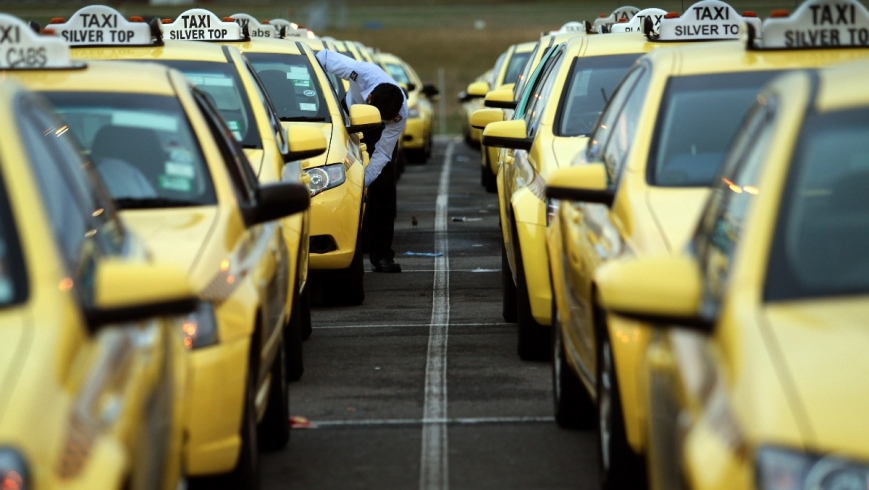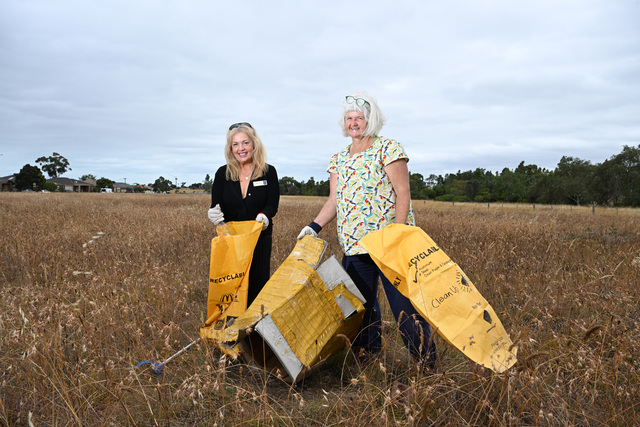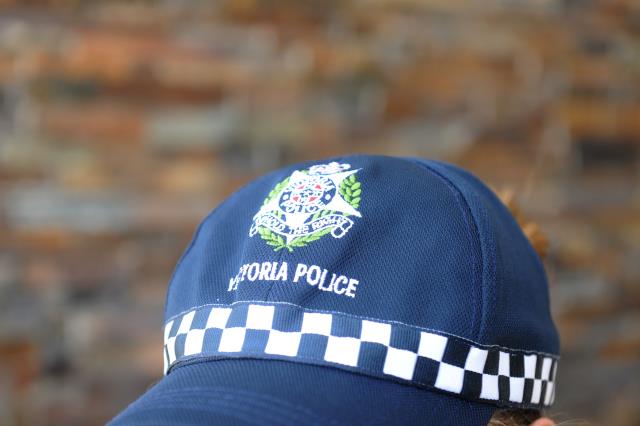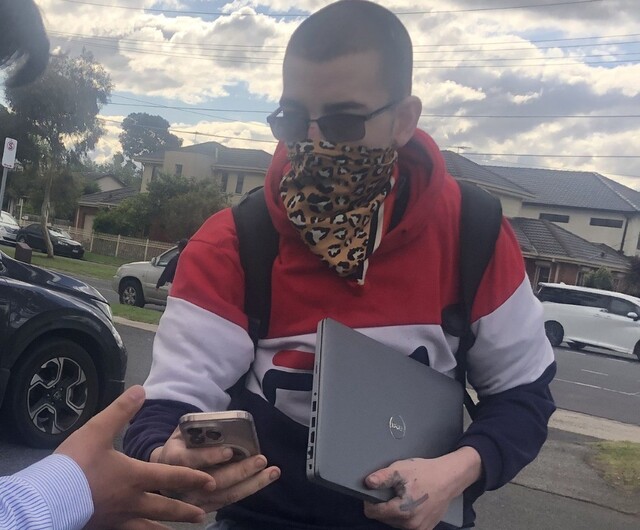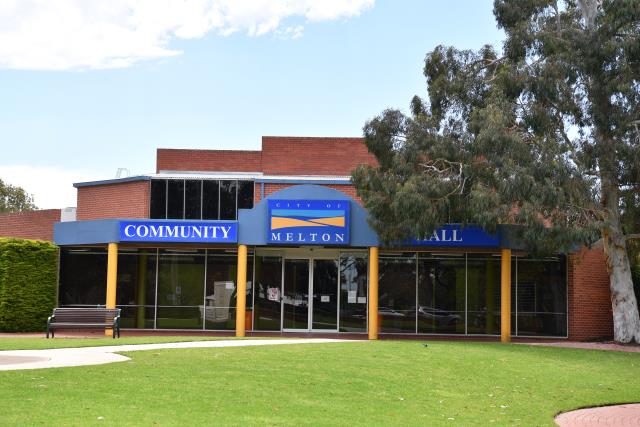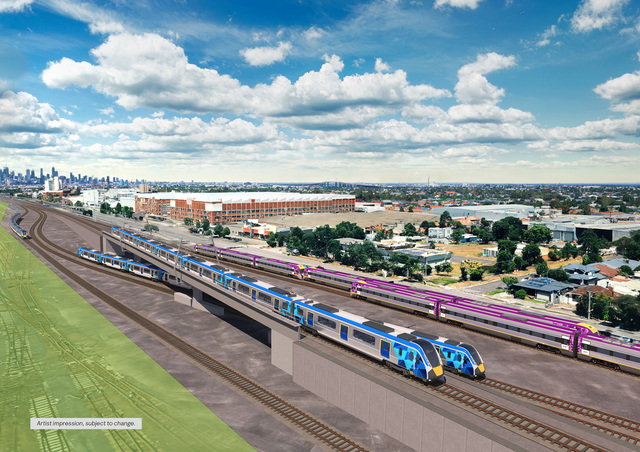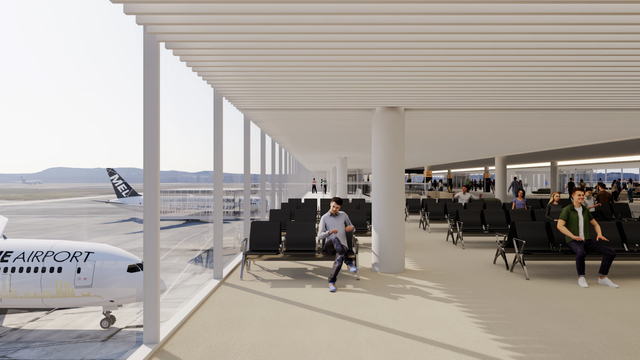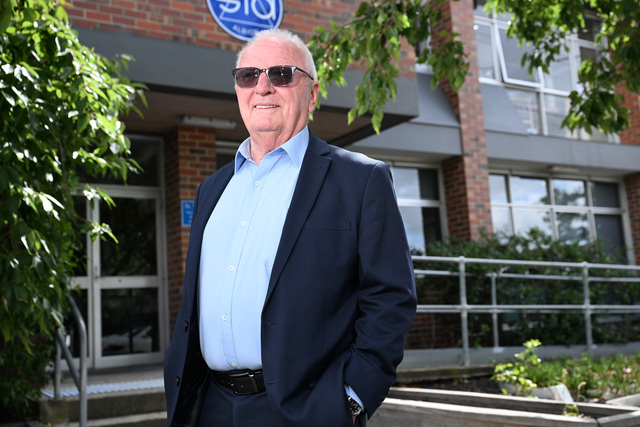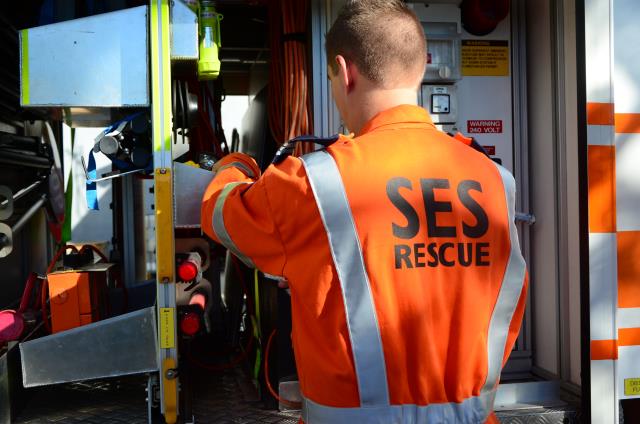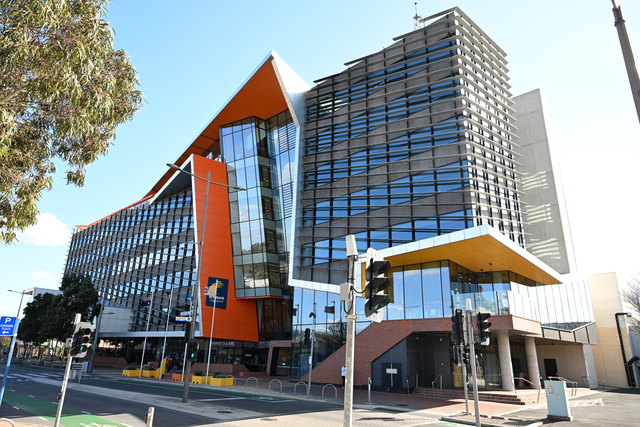The number of taxis in Melbourne is set to grow, with the government preparing to release new taxi licences within weeks in a bid to squeeze existing licence holders who refuse to lower their prices.
The decision to increase the number of licences to operate a taxi in Victoria is a rebuke to some of the industry’s biggest operators, who continue to resist reforms the government says will improve customer service.
Taxi Services Commissioner Graeme Samuel said he had lost patience with those who would not reduce the rate at which they rent their taxi licences, so he would release new, cheaper taxi licences ”in the next few weeks”.
Mr Samuel said he had not settled on the number of new licences he would issue, but that it would be ”enough to demonstrate to the market that there is a competitor out there offering fair and reasonable prices”.
”There are some parties out there that are simply not recognising the benefits of the reforms we’re introducing,” Mr Samuel said. ”Very powerful interests that have controlled prices for far too long and it’s time they understood that the industry is about serving consumers, not vested interests.”
Mr Samuel has previously said he would not release new licences because there is no demand for extra taxis. But he warned existing licence holders that he might if they did not drop their assignment prices to about $22,000 a year.
This week he followed through on his threat, noting some licences were still being assigned for more than $30,000 a year.
”We don’t want to see drivers underpaid and operators out of business because they’re paying unreasonably high licence prices, it’s not good for the industry,” he said.
The industry has argued that there is no demand for extra taxis. Cabs have an occupancy rate of just 28 per cent.
Victorian Taxi Association chief executive David Samuel said there was clearly no public demand in Melbourne for more taxis.
”No more licences are needed to service demand, given the low occupancy rate. But come July 1, operators who don’t lower their prices to $22,000 might find it difficult to assign their licences,” he said.
Some existing licence holders paid more than $500,000 for a perpetual licence, which they assign to an operator for an annual fee. That fee will be set at $22,000 from July.
The decision to reduce taxi licence values has been the most acrimonious aspect of the government’s reforms, with licence holders regularly protesting on the steps of state Parliament.
Meanwhile, more than two dozen licences to operate a hire car were also issued this week, adding to the squeeze on the taxi industry.

